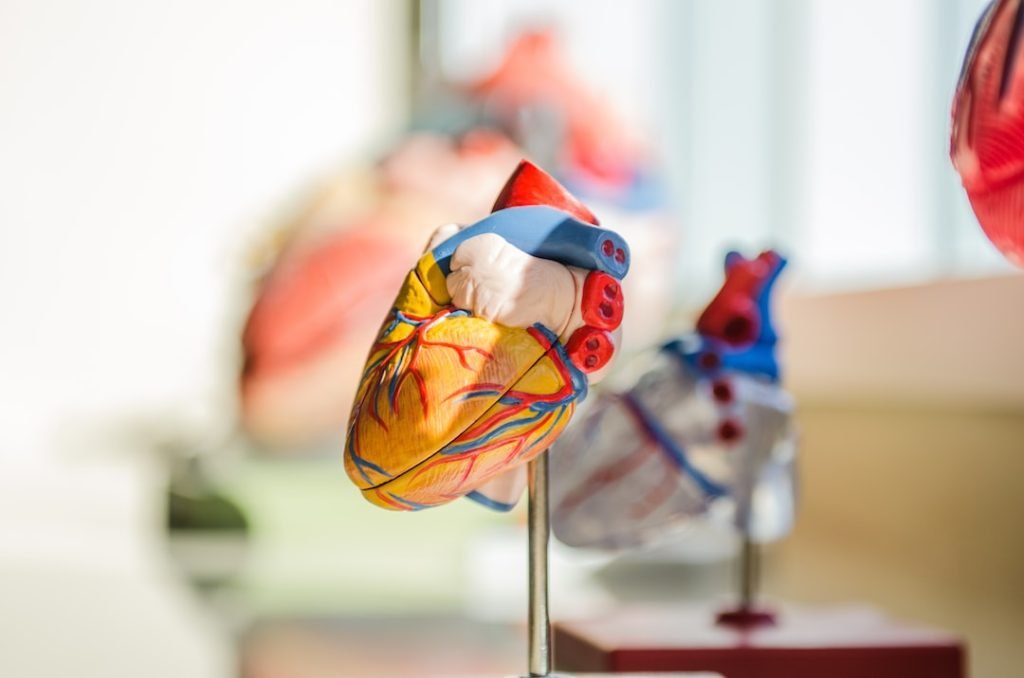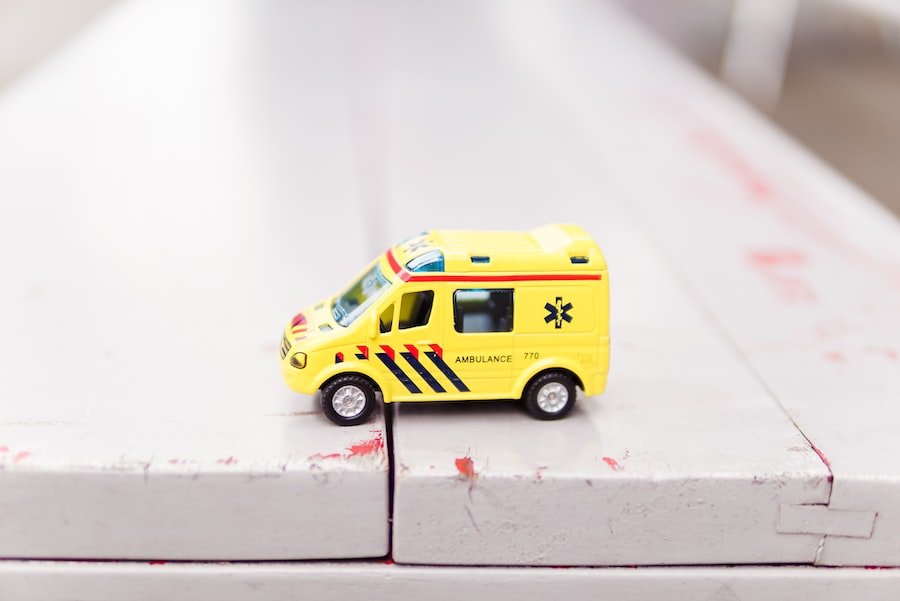

Medical German: Essential German Vocabulary for Healthcare Workers
Learning medical German vocabulary is essential for anyone working in the healthcare field or studying medicine in Germany. Being able to communicate effectively with patients, colleagues, and medical professionals is crucial for providing quality care and ensuring patient safety. This blog post will provide an overview of common medical terms, anatomy and physiology vocabulary, medical procedures and tests, medications and dosages, patient assessment and diagnosis, emergency situations, medical equipment and supplies, and medical specialties in German. By familiarizing yourself with these terms, you will be better equipped to navigate the healthcare system in Germany and provide the best possible care to your patients.
Table of Contents
ToggleCommon Medical Terms in German
To start off, let’s look at some basic medical terms and phrases in German. These are words that you are likely to encounter on a daily basis in a healthcare setting. For example, “Arzt” means doctor, “Krankenschwester” means nurse, “Krankenhaus” means hospital, and “Patient” means patient. Other common terms include “Schmerzen” for pain, “Fieber” for fever, “Blutdruck” for blood pressure, and “Atmung” for breathing.
In everyday conversation, you might hear phrases like “Wie geht es Ihnen?” which means “How are you?” or “Was fehlt Ihnen?” which means “What is wrong with you?” It’s important to be able to understand and respond to these types of questions when interacting with patients or colleagues.
Anatomy and Physiology Vocabulary in German
Next, let’s explore vocabulary related to the human body and its functions. This includes terms for different body parts such as “Kopf” for head, “Herz” for heart, “Lunge” for lungs, and “Magen” for stomach. You should also familiarize yourself with terms for body systems such as “Nervensystem” for nervous system, “Verdauungssystem” for digestive system, and “Atmungssystem” for respiratory system.
In addition to body parts and systems, it’s important to learn vocabulary related to common medical conditions and diseases. For example, “Krebs” means cancer, “Diabetes” means diabetes, “Herzinfarkt” means heart attack, and “Schlaganfall” means stroke. By understanding these terms, you will be able to communicate effectively with patients and provide appropriate care.
German Vocabulary for Medical Procedures and Tests
When it comes to medical procedures and tests, there are specific vocabulary terms that you should know. For example, “Blutabnahme” means blood draw, “Röntgen” means X-ray, “Ultraschall” means ultrasound, and “Operation” means surgery. It’s important to be able to understand and explain these procedures to patients so they know what to expect.
Examples of medical procedures and tests in German include “EKG” for electrocardiogram, “MRT” for magnetic resonance imaging, “Endoskopie” for endoscopy, and “Biopsie” for biopsy. By familiarizing yourself with these terms, you will be able to communicate effectively with colleagues and understand the purpose and process of different procedures and tests.
German Terminology for Medications and Dosages
In the healthcare field, it’s important to be able to understand and communicate about medications and dosages. Some common vocabulary terms include “Medikament” for medication, “Tablette” for tablet, “Kapsel” for capsule, and “Tropfen” for drops. You should also learn terms for different types of medications such as “Schmerzmittel” for painkillers, “Antibiotika” for antibiotics, and “Blutverdünner” for blood thinners.
When it comes to dosages, it’s important to be able to understand and communicate about different measurements. For example, “Milligramm” means milligram, “Mikrogramm” means microgram, and “Milliliter” means milliliter. You should also learn terms for different dosage forms such as “einmal täglich” for once daily, “zweimal täglich” for twice daily, and “vor dem Essen” for before meals.
German Vocabulary for Patient Assessment and Diagnosis

In order to provide appropriate care to patients, it’s important to be able to assess their condition and make a diagnosis. This requires understanding and using specific vocabulary terms. For example, “Anamnese” means medical history, “Symptome” means symptoms, “Diagnose” means diagnosis, and “Behandlungsplan” means treatment plan.
Examples of medical assessments and diagnoses in German include “Blutdruck messen” for measuring blood pressure, “Fieber messen” for taking a temperature, “Lungenfunktionstest” for lung function test, and “Blutuntersuchung” for blood test. By familiarizing yourself with these terms, you will be able to effectively communicate with colleagues and provide appropriate care to patients.
Medical German Vocabulary for Emergency Situations
In emergency situations, it’s crucial to be able to communicate quickly and effectively. Learning specific vocabulary terms related to emergencies is essential. For example, “Notfall” means emergency, “Rettungswagen” means ambulance, “Erste Hilfe” means first aid, and “Wiederbelebung” means resuscitation.
Examples of emergency situations and how to respond in German include “Herzstillstand” for cardiac arrest, “Atemnot” for difficulty breathing, “Bewusstlosigkeit” for unconsciousness, and “Blutung” for bleeding. By knowing these terms, you will be able to respond appropriately in emergency situations and provide life-saving care.
German Vocabulary for Medical Equipment and Supplies
In the healthcare field, there are many different types of medical equipment and supplies that are used on a daily basis. It’s important to be able to understand and communicate about these items. Some common vocabulary terms include “Verband” for bandage, “Spritze” for syringe, “Stethoskop” for stethoscope, and “Skalpell” for scalpel.
Examples of medical equipment and supplies in German include “Blutdruckmessgerät” for blood pressure monitor, “Beatmungsgerät” for ventilator, “Infusionspumpe” for infusion pump, and “Desinfektionsmittel” for disinfectant. By familiarizing yourself with these terms, you will be able to effectively communicate with colleagues and use the appropriate equipment and supplies in your work.
German Terminology for Medical Specialties
In the healthcare field, there are many different medical specialties that focus on specific areas of medicine. It’s important to be able to understand and communicate about these specialties. Some common vocabulary terms include “Chirurgie” for surgery, “Gynäkologie” for gynecology, “Pädiatrie” for pediatrics, and “Psychiatrie” for psychiatry.
Examples of medical specialties and their German names include “Kardiologie” for cardiology, “Dermatologie” for dermatology, “Orthopädie” for orthopedics, and “Neurologie” for neurology. By familiarizing yourself with these terms, you will be able to effectively communicate with colleagues and refer patients to the appropriate specialists.
Tips for Learning Medical German Vocabulary
Learning medical German vocabulary can be challenging, but with the right strategies and resources, it is definitely achievable. Here are some tips to help you in your learning journey:
1. Start with the basics: Begin by learning the most common medical terms and phrases in German. This will provide a solid foundation for further learning.
2. Practice regularly: Consistency is key when it comes to language learning. Set aside dedicated time each day or week to practice your medical German vocabulary.
3. Use flashcards: Flashcards are a great tool for memorizing vocabulary. Create flashcards with German medical terms on one side and their English translations on the other side. Review them regularly to reinforce your learning.
4. Watch medical shows or documentaries in German: Watching medical shows or documentaries in German can help you improve your listening skills and expose you to medical terminology in context.
5. Find a language exchange partner: Look for a language exchange partner who is fluent in German and interested in learning your native language. Practice speaking and listening to medical German vocabulary with them.
6. Use online resources: There are many online resources available for learning medical German vocabulary, including websites, apps, and podcasts. Take advantage of these resources to supplement your learning.
In conclusion, learning medical German vocabulary is essential for anyone working in the healthcare field or studying medicine in Germany. By familiarizing yourself with common medical terms, anatomy and physiology vocabulary, medical procedures and tests, medications and dosages, patient assessment and diagnosis, emergency situations, medical equipment and supplies, and medical specialties in German, you will be better equipped to provide quality care to your patients and navigate the healthcare system effectively. Remember to practice regularly and use a variety of resources to enhance your learning. With dedication and perseverance, you will become proficient in medical German vocabulary and excel in your healthcare career.
If you want to learn German, you can register for classes here. We look forward to hearing from you and helping you become fluent in German!
If you want to learn Norwegian, you can register for classes here. We look forward to hearing from you and helping you become fluent in Norwegian.





